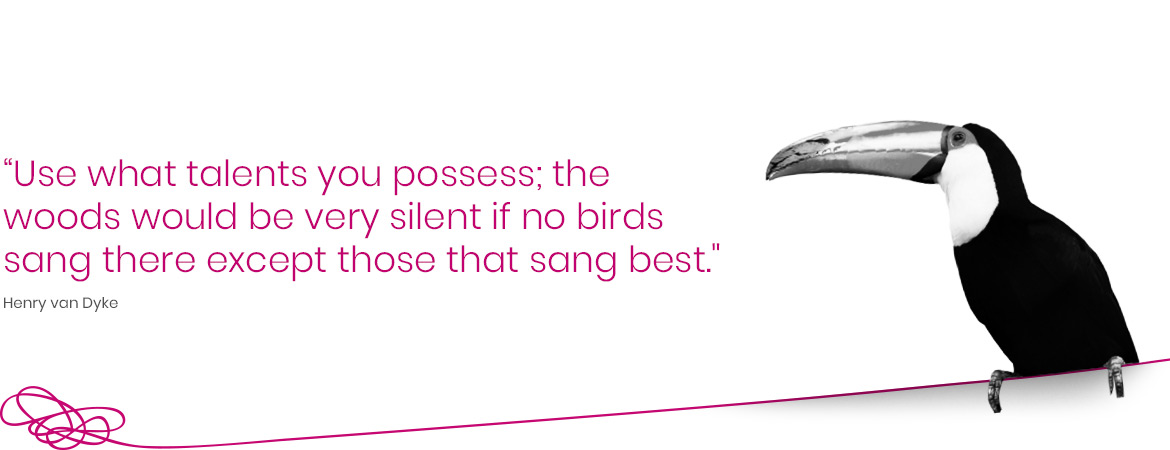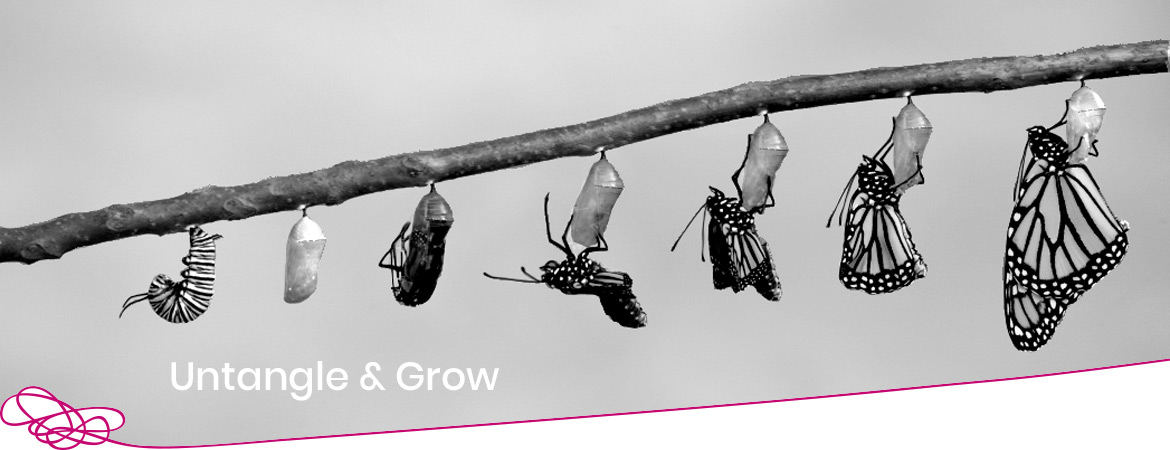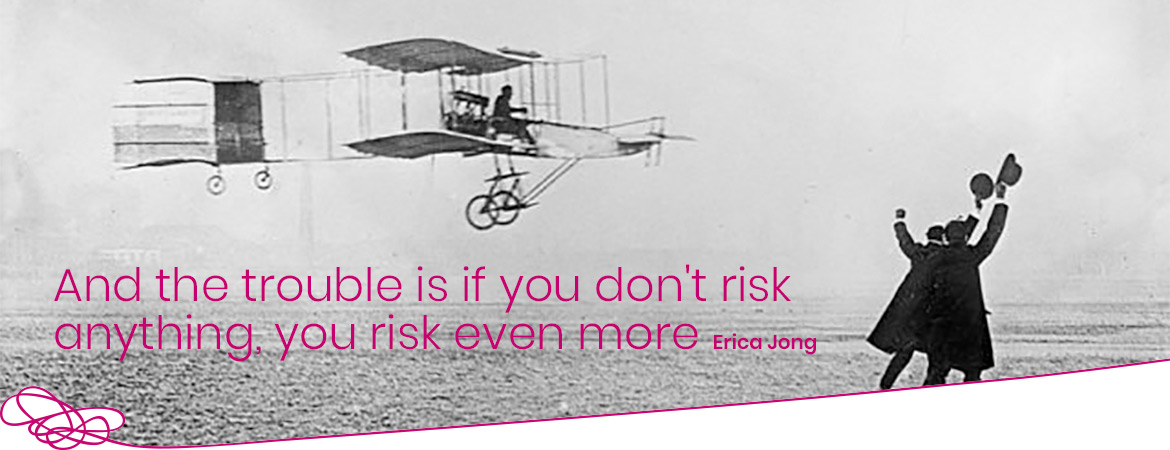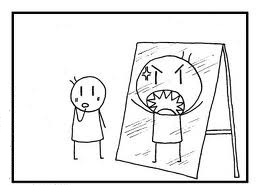 I seem to work with quite a few folks for whom ‘confidence’ or more accurately lack of it, seems to be a root cause. Its not unusual therefore to get into a conversation with someone about how they are held back by their self-esteem and confidence ‘issues’.
I seem to work with quite a few folks for whom ‘confidence’ or more accurately lack of it, seems to be a root cause. Its not unusual therefore to get into a conversation with someone about how they are held back by their self-esteem and confidence ‘issues’.
A common theme I often hear is a contingent one – ‘I’ll be confident when… x, y, z is true’. Confidence will only become available to them some time in the future, and guess what, that time is always some way away. This theme is often allied with unrealistic self-expectations, and confidence seems to be associated with the need to be perfect … ‘I’ll be confident when I’m perfect’. And of course that time will never arrive for any of us.
Confidence only comes in the ‘now’ by accepting that you are never going to be perfect but that you are probably (already) good enough. That means taking responsibility for your state everyday and not postponing or procrastinating. As Susan Jeffers says ‘Feel the fear – and do it anyway!’







